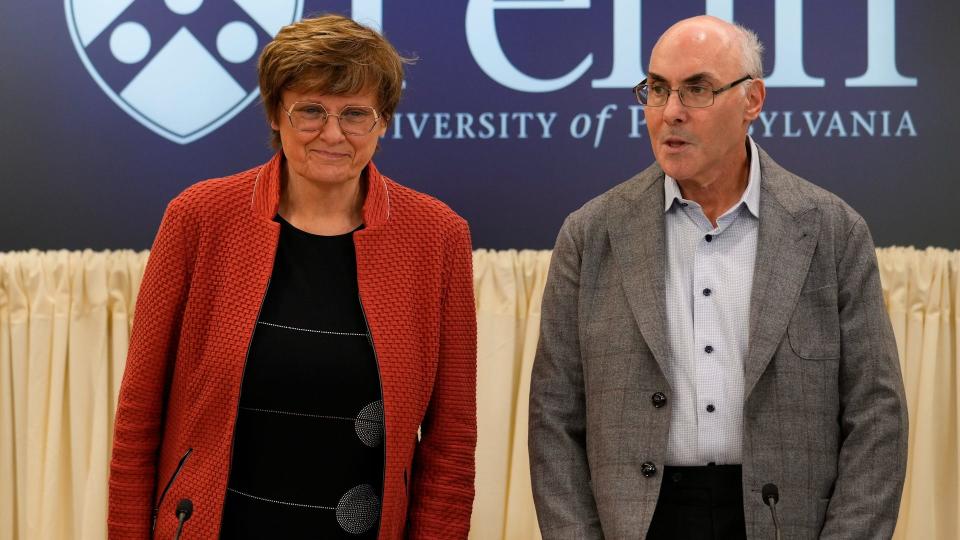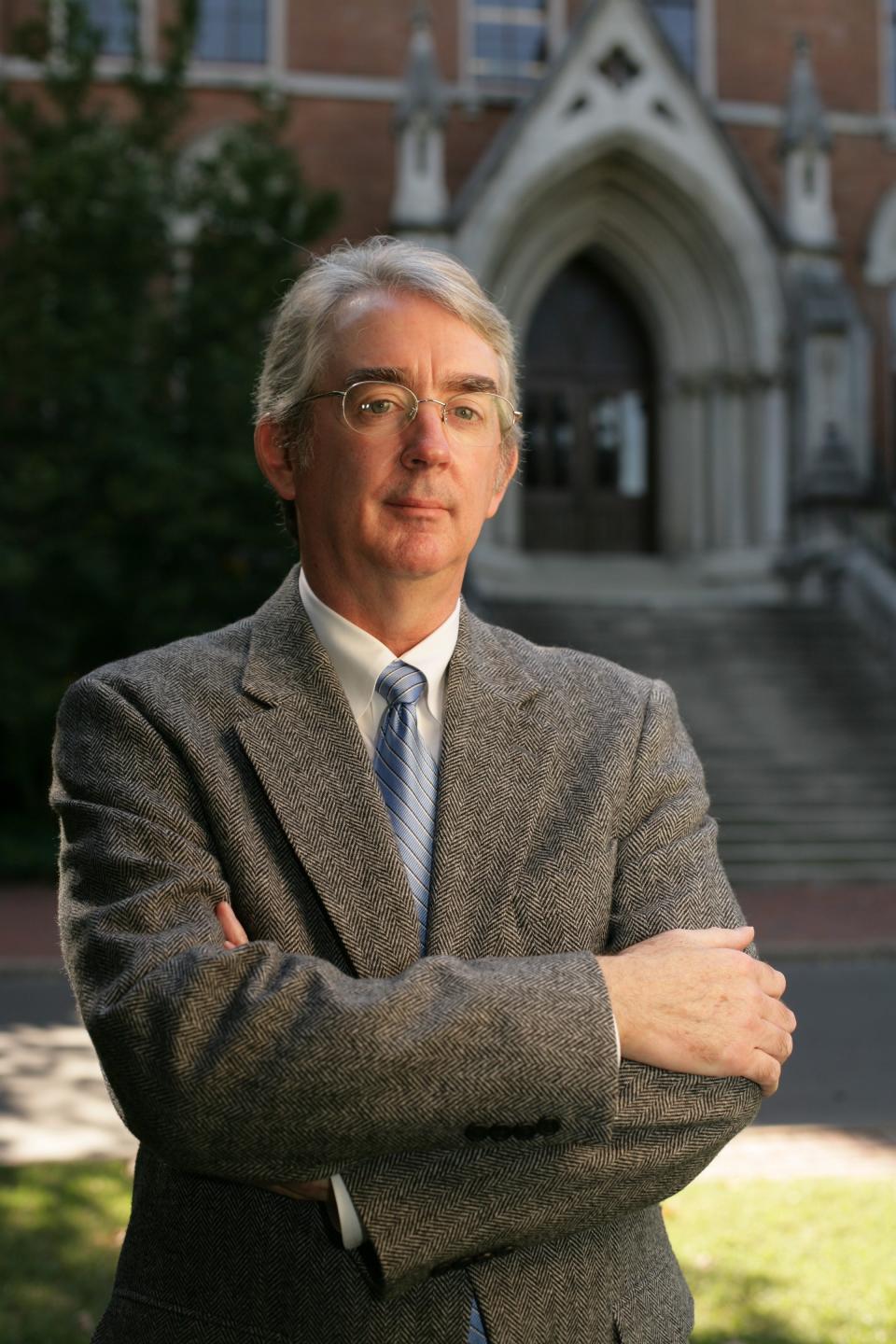Science and technology may change society quickly, but they shape our every-day lives
In October, the Nobel Foundation in Stockholm, Sweden, announced the latest Nobel Prizes, something it has done annually since 1901.
Three of those six recognitions were awarded in the natural sciences: physics, chemistry and physiology or medicine. Alfred Nobel’s will stipulated that the annual prizes are to be awarded to those who “have conferred the greatest benefit to humankind."
Whether we’re consciously aware of it or not, science, engineering and technology shape how we spend our time, move through our day, and picture our place in the world we inhabit.
The number of examples of important scientific contributions is enormous. Even though only a few of them are ever awarded the Nobel Prize, the Nobels provide both a convenient short list of examples and an annual reminder that science is always advancing.
Another column from Dennis Hall: We use microwaves every day and in every way. Here's how they work.
Here are a few brief and recognizable examples on the impact of science
X-rays. The first Nobel Prize in physics was awarded in 1901 for the discovery of X-rays. It would be an understatement to say this discovery has proved useful. X-rays are now used routinely in medicine and dentistry, but that’s just the tip of the iceberg. An essay far longer than this one would be required to cover all the ways x-rays are used to benefit humanity.

Transistors and chips. The 1956 Nobel Prize in physics was awarded for the discovery and demonstration of the “transistor effect,” which ushered in the era of solid-state electronics, which in turn led to the development of integrated-circuit chips, itself recognized with the 2000 Nobel Prize. As we’ve all come to know, silicon chips are now everywhere and indispensable.
DNA. The 1962 Nobel Prize in physiology or medicine, was awarded for the discovery of the molecular structure of DNA. Today, DNA underpins modern medical science, health care and much more.
Lithium-ion batteries. The 2019 Nobel Prize in chemistry was awarded for the development of lithium-ion batteries, which are now likely the most widely used batteries in the world.
mRNA. The 2023 Nobel Prize in physiology or medicine recognized the mRNA (messenger RNA) technology that made possible the timely development of effective vaccines against COVID-19. The mRNA macromolecule itself was discovered decades earlier in 1961. Expect more applications of this technology going forward.
More: Why we should admire the astonishing and groundbreaking work of Albert Einstein | Opinion
The public acknowledges the value of science but half think it make life 'change too fast'
The public knows science delivers on its promise. The 2022 edition of the National Science Board’s report "Science and Engineering Indicators" includes the results of a survey of public knowledge and attitudes about science. 92% of those surveyed either agreed or agreed strongly that “science and technology result in more opportunities for the next generation.”
That said, the same survey found that almost half (49%) of Americans agreed that “science makes life change too fast.” The whirlwind pace of modern science creates new opportunities, but apparently adjusting to all that innovation makes some of us a bit dizzy.
A recent study by the Pew Research Center found that public trust in science and other institutions has declined a bit since the start of the COVID-19 pandemic. And yet confidence remains high, with 78% expressing a fair amount or a great deal of confidence in medical scientists, 77% for scientists more generally, to act in the public’s best interests. Indeed, scientists ranked higher than any of the other eight categories in the survey.
I suspect everyone trusts science and its applications even more than they admit when responding to a survey. We all rely 100% on smart phones, computers of all sorts, the global positioning system, cellular communications, cameras, radar, magnetic resonance imaging (MRI), microwave ovens and so much more. Those conveniences emerged from the discoveries and developments of basic science.

If pollsters were to study what we actually do in our lives, day in and day out, they’d surely conclude that we not only trust and rely upon science, we embrace it. Actions speak louder than words.
Dennis G. Hall was formerly vice provost for research, dean of the graduate school, professor of physics and professor of electrical engineering at Vanderbilt University. At the end of 2015 he retired from Vanderbilt, where he is now dean-and-professor emeritus.
This article originally appeared on Nashville Tennessean: Nobel Prizes show how much science and technology affect our lives

